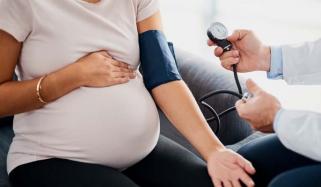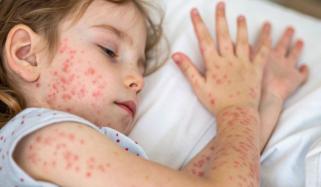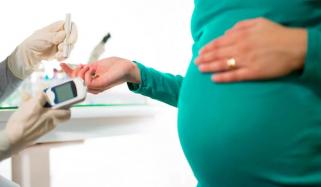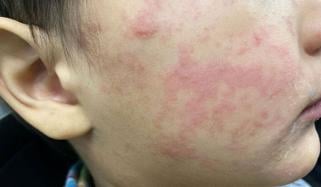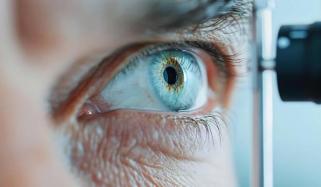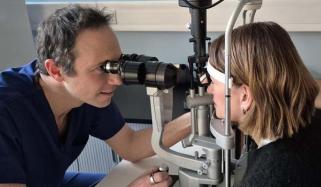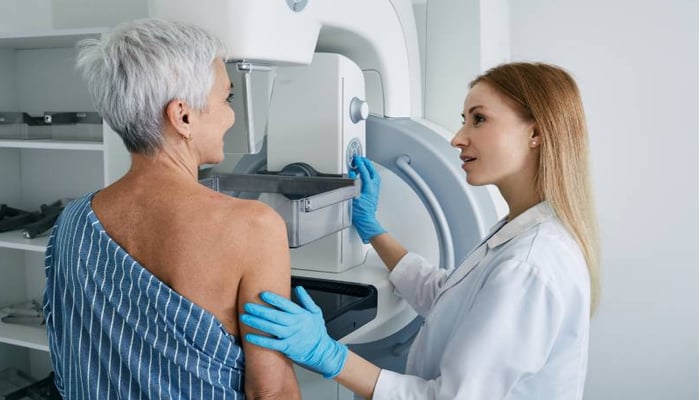
A recent study revealed that artificial intelligence (AI) that assists in preventing breast cancer that develops between routine mammograms, by detecting ones which will be overlooked by a radiologist.
Researchers reported recently in the Journal of the National Cancer Institute that AI is able to find tumours that are visible on mammograms but missed by radiologists.
AI can now detect breast cancers in mammograms, research finds
Moreover, it can also detect those with faint, invisible signs arguably below the capability of the naked eye to identify.
“This finding is important because these interval cancer types could be caught earlier when the cancer is easier to treat,” lead researcher and an assistant professor of radiology at the David Geffen School of Medicine at UCLA, Dr. Tiffany Yu, stated.
“For patients, catching cancer early can make all the difference. It can lead to less aggressive treatment and improve the chances of a better outcome,” she added.
For the study, researchers assessed data from nearly 185,000 mammograms between 2010-2019, then assessed 148 cases of interval breast cancer.
The research team reviewed the cases of interval breast cancer to figure out why the tumors weren’t spotted earlier, then used an AI tool called Transpara to check its efficiency and see what radiologists missed.
Here’s what the results indicated:
- 76% of mammograms originally read as normal were later associated with an interval breast cancer.
- 90% of cases where the cancer was seen on the mammogram but was overlooked by the radiologist.
- 89% of cancers found subtle signs that, nevertheless, might have been caught.
- 69% of cancers were discovered to be completely invisible on the mammogram.
However, the AI was inefficient at detecting true interval cancers that were not present at the time of screening, results indicated.
“While we had some exciting results, we also uncovered a lot of AI inaccuracy and issues that need to be further explored in real-world settings,” senior researcher and assistant professor of radiology at the David Geffen School of Medicine, Dr. Hannah Milch, stated.
However, larger studies are still required to find out how to best use AI in breast cancer screening, researchers added.


